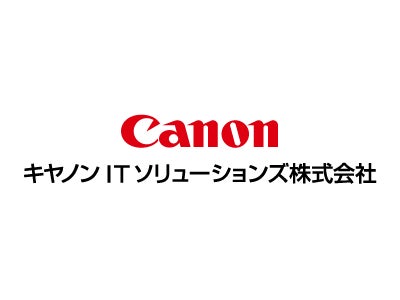In manga, katakana is often used for onomatopoeia. In the Dragon Ball manga below, every kind of action is also given a sound effect. In the right page, the kamehameha is given a sound effect represented as キュアアツ. In the left page, jumping is given a sound effect represented as パツ. Truthfully, I think these representations are just as bad as the ones on American comics.

I read that katakana is also used to depict foreign accents or robotic speech in writing which seem to also fall under emphasis. Additionally, katakana (and only katakana) was used in telegraphs years ago. Scienctific terms are generally expressed in katakana.
I found a great website with unusual uses on katakana:
http://gakuranman.com/unusual-katakana-words/
I'll pretend some terms aren't there:
バーター (sidekick) and デマ (rumor) are definitely not loanwords from English, so it could be from another language, but it could also be emphasis. If none apply, these are definitely a special cases.



It is interesting about unusual uses on Katakana. I researched "カンニング", which came from English word 「cunning: ずるい・狡猾な(こうかつな)」.
ReplyDeleteCheating is "cunning" action. What do you think why Japanese people use these unusual カタカナ?and why the text books do not mention these unusual カタカナ?
For example, アラフォー and セフレare just short expression of Around forty and Sex-friend.
This comment has been removed by the author.
ReplyDeleteポーメスさん、こんにちは。 I like your analysis of Canon. Probably not many Japanese people don't know that it's from Kannon, which is written in Kanji almost all the time. キャノン sounds like a Western word. There might be an intention to make their company name キャノン not カノン. I also found it interesting that they use ソリューション in their company name. I think it is a recent trend that companies use more and more katakana in their company name. About the last part, I don't think this part is necessary for this analysis unless you analyze a few examples more in detail. バーター is from barter, デマ is from Demagogie in German. So, all of the katakana words except ネタ here are loan words although the meaning or uses have changed.
ReplyDeleteNice analysis of Canon. I found out many of the same things with Toyota. To me they seemed to be willing to have more liberal changes with their Katakana than with kanji or hiragana (slanting it or otherwise changing it to make the word stand out more- think about the D in disney or the F in Ferrari). And also I found that they do in fact take loan words from several other languages as well, including spanish and french (パンcomes from french for bread, and ゴム comes from eraser in spanish).
ReplyDelete